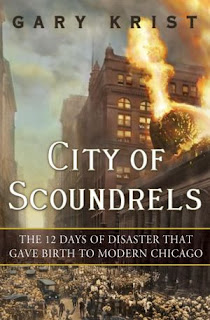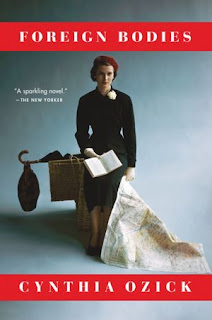From her Q & A with Alexandra Alter at the Wall Street Journal:
In developing Thomas Cromwell as a sympathetic and in many ways admirable and influential figure, you’re going against the grain of how he’s historically been portrayed by academics and writers. Traditionally, Cromwell is painted as the villain while the Catholic scholar Thomas More is the hero. What made you want to redeem Cromwell?Learn about the book Mantel wishes she had written.
He always gets such bad press, it made me think there was a huge untold story here. Cromwell seemed to me like a figure out of time — the ambitious politician on the make, the man who rose from very humble origins to be the king’s right hand man. It seemed like anarchetypal story. What I tried to do was scrape away at the accretions of prejudice. It was an act of imagination. A challenge I’m throwing out to my reader all the time is, I’m telling you what the circumstances are as we’re moving through his life, this challenge, this dilemma, and I’m asking the reader, what would you do if you were Thomas Cromwell, and your imperative was survival and to get on and make your mark in life? I think that often the reader will be compelled to say, in all honesty I would have done exactly what he did. Once you start to put yourself in his place, then this idea that he’s a double dyed villain, it starts to evaporate. You start to see that he’s a man struggling alongside other men to serve a capricious, neurotic, whimsical monarch, who made the best of circumstances both for himself and for his country.
The voice you use is very unique. It’s a very close third person that is clearly Cromwell’s perspective, which you emphasize by mostly referring to him as “he” rather than Cromwell. How did you develop that voice and was it something you struggled with?
I didn’t think about it or calculate it at all. When I sat down to write the first paragraph of “Wolf Hall,” I thought I’d write a page or two to see how it sounds, and that was the voice that came out. The first scene was, he’s a boy on the ground and his father’s standing over him and about to bring his foot down. And I thought, well, we’re looking through his eyes. And it can’t be a first person narrative, but it’s not as detached as third person. And I felt that since I’m behind his eyes, I can’t really start calling him Thomas Cromwell, as if I’m across the room and able to point at him. So I evolved this other way of doing it, which has now become...[read on]
--Marshal Zeringue



























